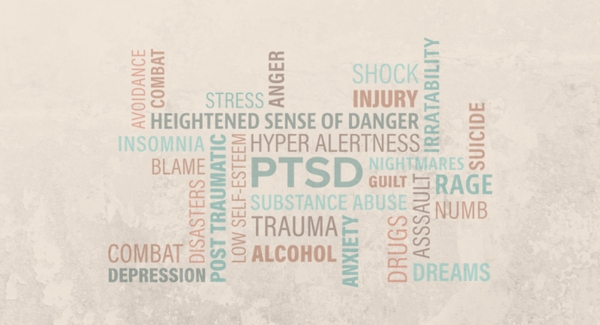The Newman Master of Social Work (MSW) program is adopting a curriculum that reflects a new shift in the care that social workers provide.
After a critical assessment of the current curriculum by a committee led by MSW Program Director Terrie Cox Pauly and Associate Professor of Social Work Michael Duxler, it was recognized that a modern, cutting-edge curriculum would need to be developed and implemented.
During fall 2018, the MSW program will launch a new trauma-competent practice curriculum. According to MSW Field Coordinator Jennifer Jones, this new curriculum is the trend for future social work practice.
In previous years, a method called family-centered practice was taught.
“Family-centered practice is inherent in the social work perspective,” said Cox Pauly. “However, the new curriculum will be based on the latest research in neuroscience, attachment, trauma-informed treatment principles and evidence-based interventions.”

Trauma is widespread among behavioral health consumers so educating MSW graduates to recognize the pervasiveness of trauma and the impact it has on the clients they serve will enable students to be more sensitive to the needs of their clients.
Cox Pauly said, “Trauma-competent practice is based on a growing paradigm shift in social work and related fields, often referred to as trauma-informed care. It is based on the core assumption that symptoms or behaviors a client may be displaying are a coping strategy or an adaptation to trauma rather than a mental disorder. It is a strength-based approach which asks the question, ‘What happened to you?’ versus ‘What is wrong with you?’ and is built on principles of safety, collaboration, choice, empowerment and trustworthiness.”
Newman is one of a few other accredited MSW programs nationally that are offering a trauma certificate or trauma focus in their curriculum. Jones noted that implementing a trauma-competent curriculum will prepare graduates well for a competitive job market both locally and nationally.

Jones said the shift “will provide not only a degree of difference but a degree that is relevant and is the future of social work as a profession. Our hope is that the graduates from Newman will be the most sought-after, highly skilled MSWs with a reputation for excellence.”
The MSW faculty spent months consulting and collaborating with one another to devise this specific curriculum. As for the trauma focus, Cox Pauly said, “This framework has evolved over the past 30 years as a result of the convergence of research, clinical practice and the perspective of trauma survivors.”
The professors involved are excited to launch the program and teach what reflects the most recent advances in the field of social work.

